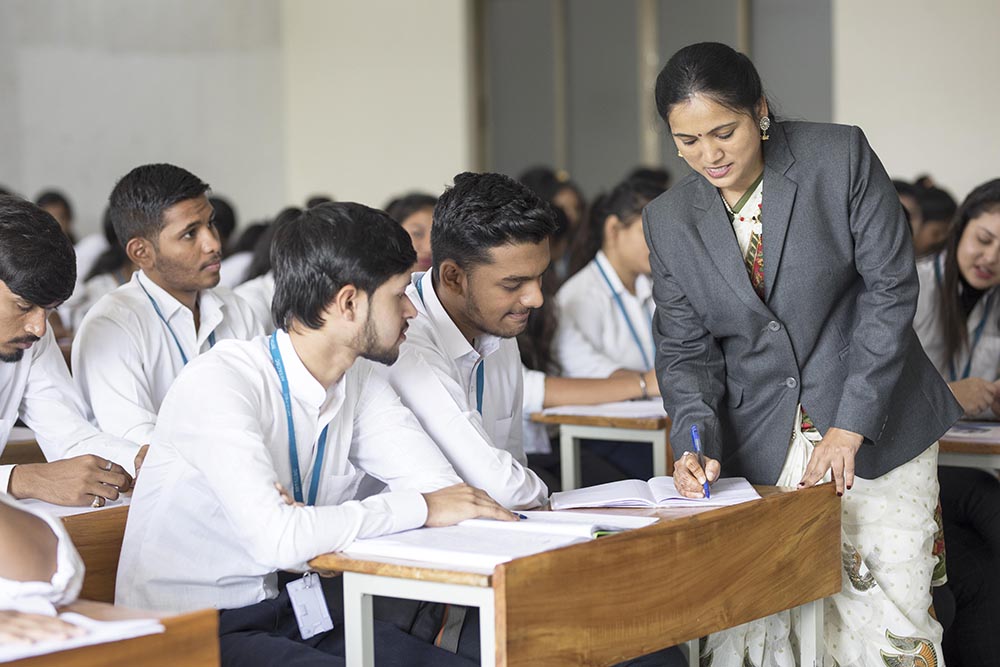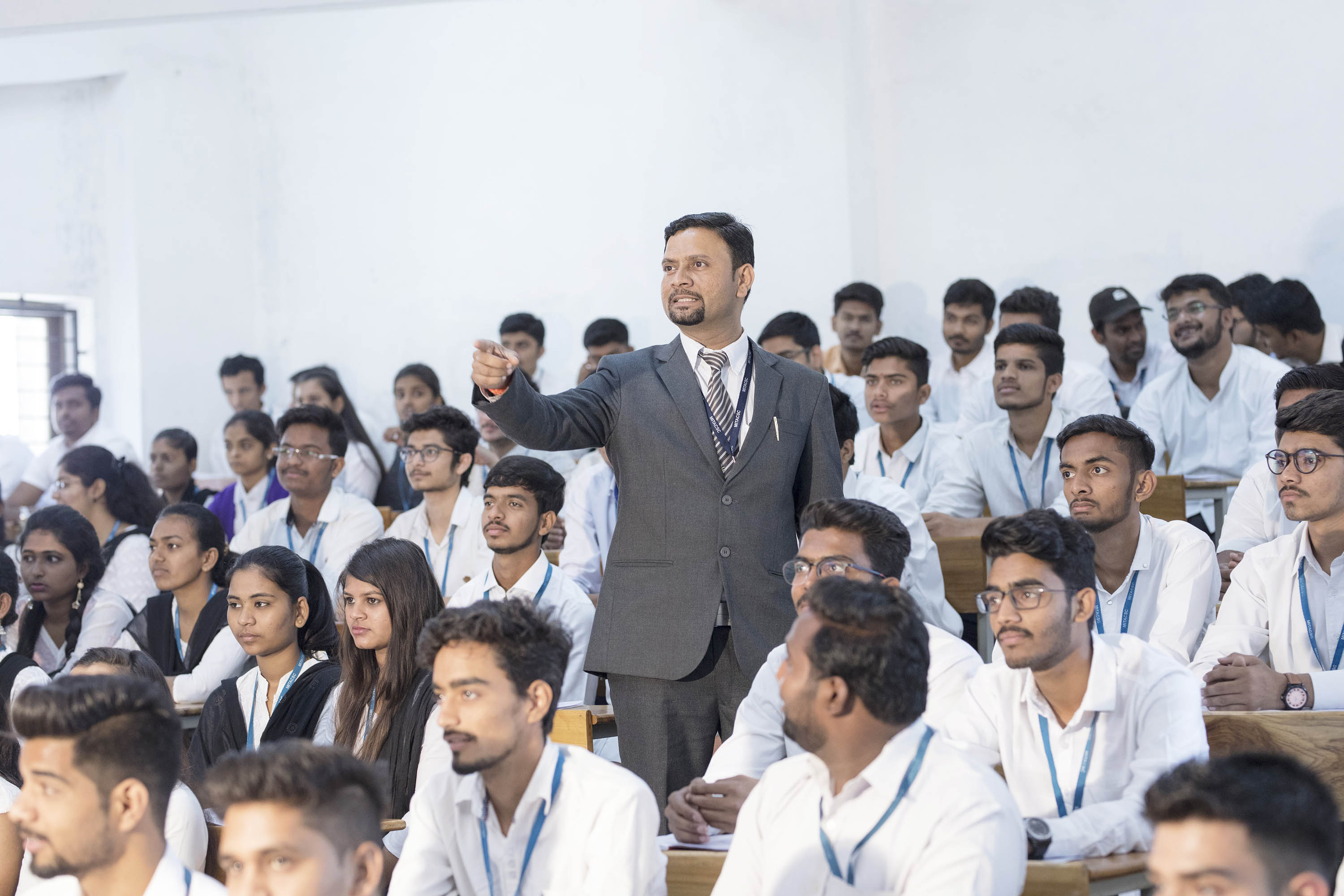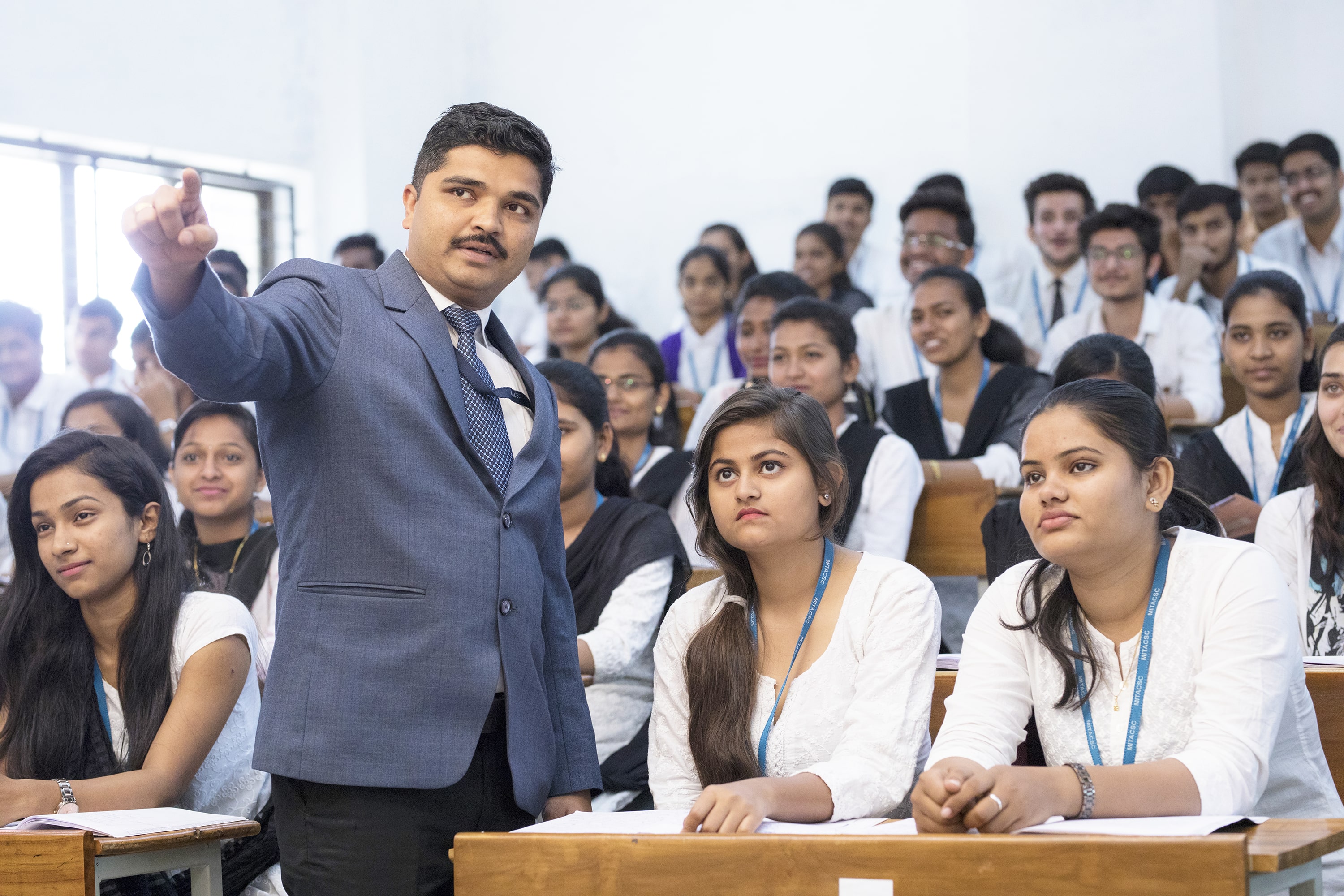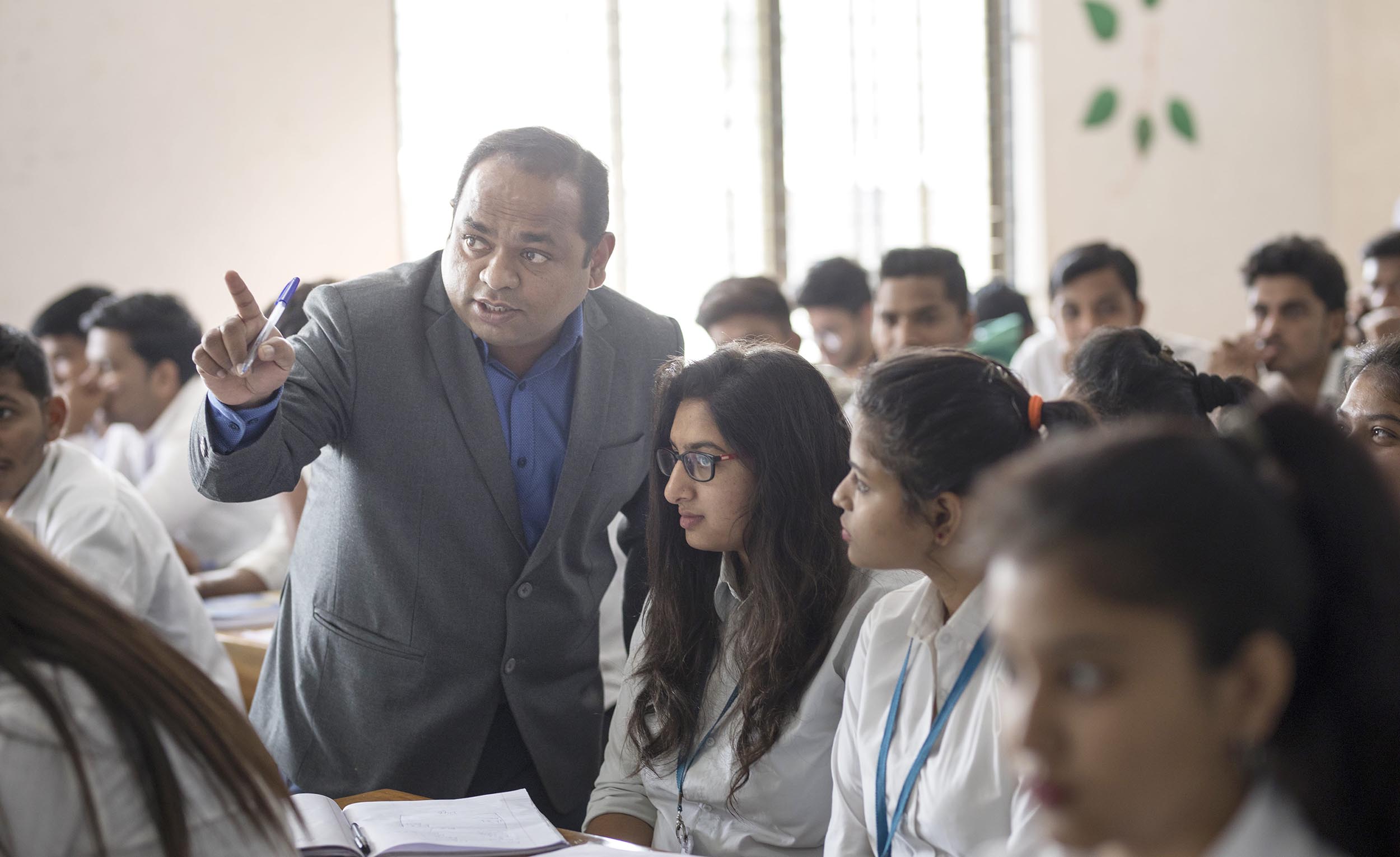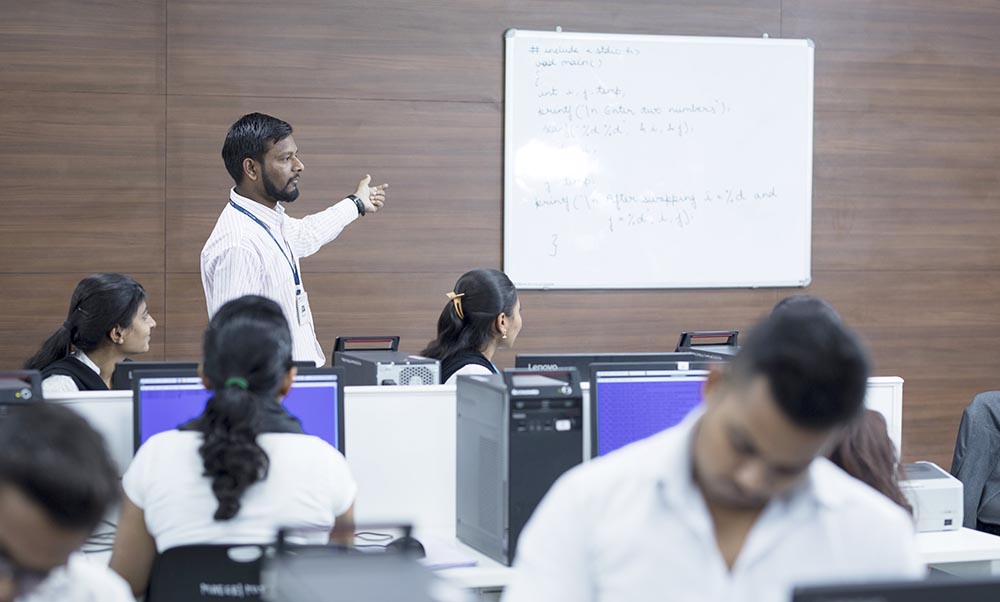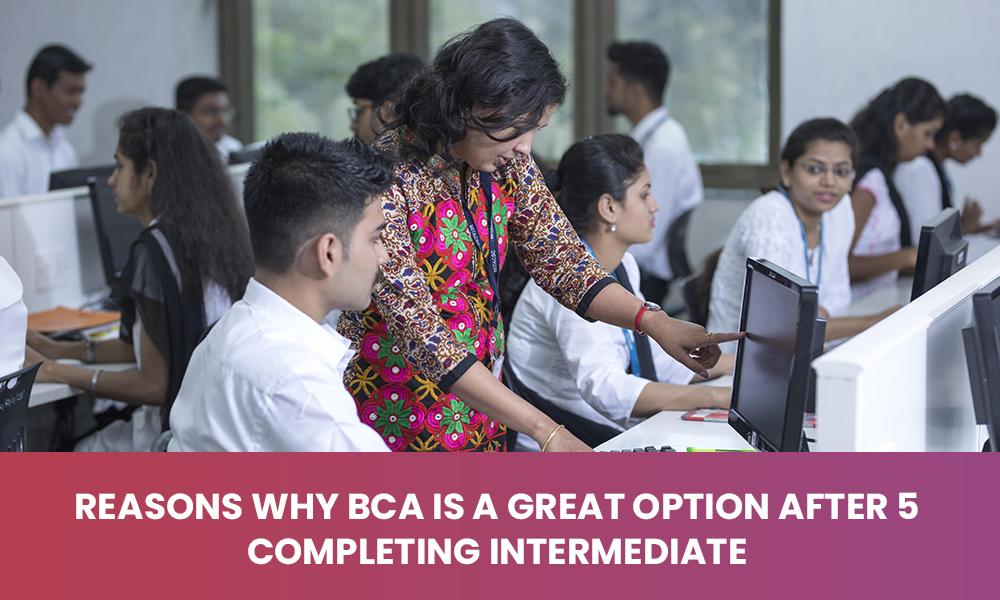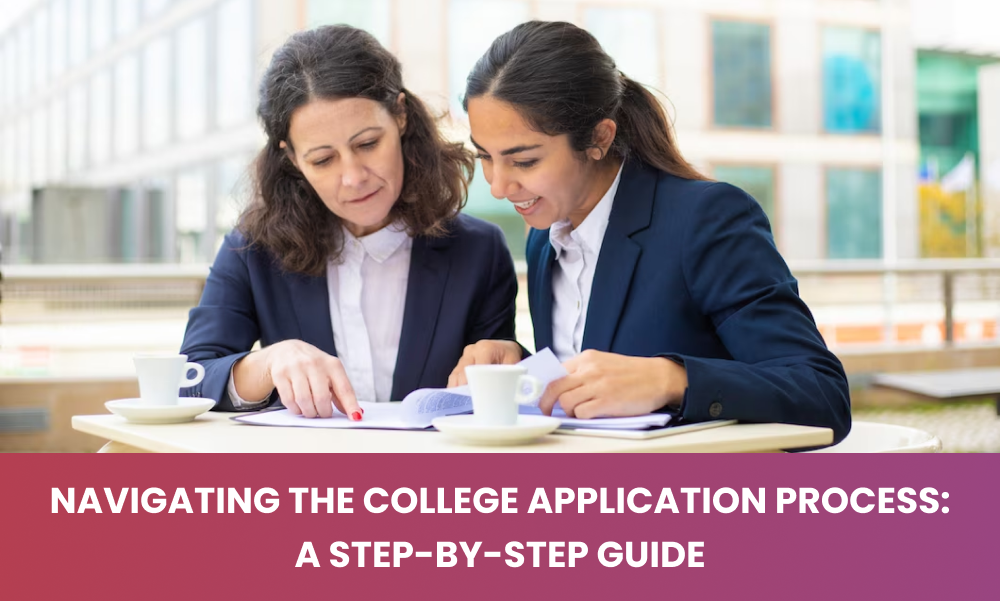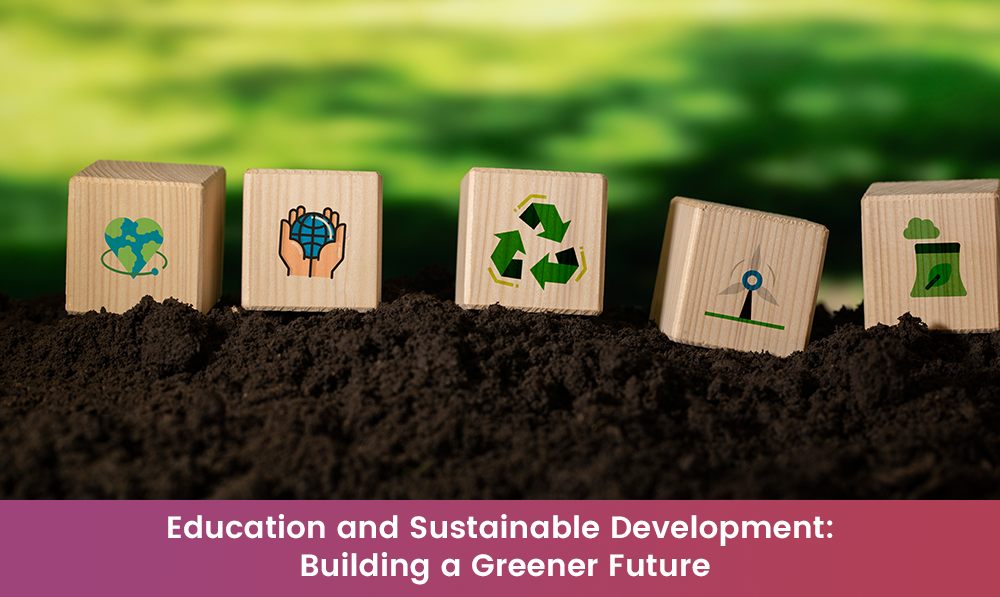
Education and Sustainable Development: Building a Greener Future
We're standing at the edge of another time, a period where our activities today will decide the destiny of our planet tomorrow. Our country portrays our ongoing direction, with human exercises pushing almost 1 million types of widely varied vegetation towards elimination. This isn't simply an environmental emergency, it's an emergency of education, of understanding, of activity.
Enter "green skills". These are the instruments we need to explore this exciting modern lifestyle, the skills that will engage us to have an effect. Global Youth Day this year ends up focusing on these "green skills", which goes to show their significance for the world our cutting edge will acquire. It's a source of inspiration, an update that we're not simply setting up our childhood for the world, we're setting up the world for our childhood.
Understanding green skills in sustainable development
Green skills aren't just about understanding the mechanics of environmentally friendly power or the standards of sustainable cultivating, albeit that is essential for it. They're tied in with encouraging a profound regard for our current circumstance and setting up our students for a future where green positions will be the standard. Numerous instructors presently see that it's their obligation to guarantee students know about the environmental difficulties we face, and are prepared to handle them head-on.
We should discuss green skills with regards to sustainable development. They incorporate both specialized capacities and delicate skills as well. They're about critical thinking, critical thinking, and direction, all inside the setting of sustainability. They're tied in with engaging people to settle on informed choices that benefit the climate, yet society and the economy as well.
The Role of Green Skills in Education of Sustainable Development
Green skills assume a significant part in changing education into an impetus for environmental awareness and responsible behavior. Not at all like ordinary subjects bound to specific disciplines, green skills act as an inescapable string woven consistently all through the whole curriculum. This all encompassing methodology plans to ingrain a far reaching understanding of sustainability among students and instructors the same.
As opposed to existing in detachment, green skills coordinate flawlessly into different subjects, cultivating a multidimensional point of view on environmental issues. Students and educators are not restricted to specific courses; all things considered, they draw in with sustainability ideas across assorted scholarly spaces. This approach changes educational organizations into dynamic center points, where each example becomes an opportunity to develop an eco-conscious mindset.
Envision a study hall where numerical questions consolidate components of resource conservation, writing investigates environmental stories, and science dives into sustainable innovations. This interdisciplinary combination guarantees that green skills become imbued in the texture of education, rising above conventional limits.
Fundamental skills for education for sustainable development
Green skills are the way to opening a sustainable future. They're tied in with outfitting the cutting edge with the information and capacities to address environmental difficulties and add to sustainable development. They're tied in with forming a greener future.
Critical thinking and critical thinking skills empower students to understand complex environmental issues and devise inventive arrangements. For instance, students could research the circumstances and end results of climate change, then conceptualize and assess expected arrangements.

Collaboration and relational abilities encourage cooperation and viable discourse on sustainability themes. Students could cooperate on a venture to diminish squandering at school, then, at that point, present their discoveries and recommendations to the school local area.
Flexibility and resilience prepare students to explore the vulnerabilities and changes related with environmental difficulties. For example, students could investigate how networks adjust to cataclysmic events or how ecosystems recover from unsettling influences.
Green skills models
We should go into the universe of green skills - a portion of the instruments that will shape our future. They're not simply trendy expressions, they're the building blocks of a sustainable education, which incorporate environmental literacy, a sustainability mindset, resource efficiency, and climate change adaptation.
Environmental literacy is tied in with understanding the complex dance of ecological standards and the environmental effects of our activities. It's tied in with learning the cadence of the carbon cycle, the impacts of deforestation on biodiversity, or the environmental impression of our food decisions.
Climate change adaptation is tied in with understanding the shifting sands of our climate and creating methodologies to face the hardship. It's tied in with concentrating on the impacts of climate change on different locales or species, then, at that point, proposing adaptation techniques for a local area or ecosystem. It's tied in with being strong despite change.
Conclusion :
In conclusion, the harmonious relationship among education and sustainable development features the extraordinary power of value education. By molding environmentally mindful inhabitants, empowering innovation, and progressing global perspectives, education transforms into the impetus for building a sustainable future. Placing resources into quality education isn't just an educational goal; it is an essential commitment to supporting an age fit for tending to the unpredictable difficulties of sustainability with data, conviction, and aggregate liability.
